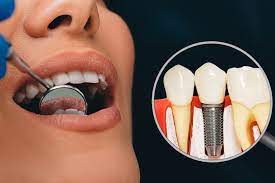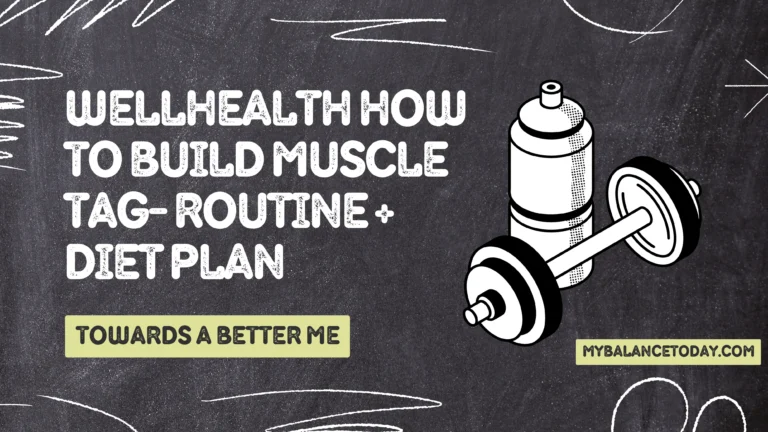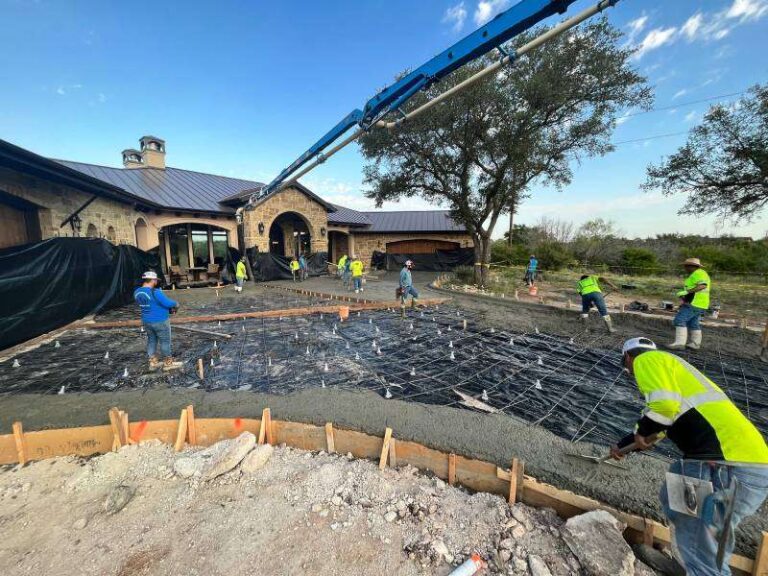Why No Dairy After Dental Implant: An Expert Insight

Dental implant procedures are incredibly intricate, relying heavily on the body’s natural healing process. As you embark on this transformative journey, one of the many guidelines you might hear is to avoid dairy after getting dental implants. But why? This article sheds light on this question, presenting scientifically-backed reasons and clarifying common queries around the topic.
Contents [show]
Dental Implant Recovery: Dairy Restrictions and Guidelines
After a dental implant, your oral environment is in a delicate state. Let’s delve into why a dairy-free diet post-implant is often recommended by professionals:
- Dairy Products and Inflammation: Dairy, especially full-fat versions, can sometimes stimulate an inflammatory response. Inflammation can potentially jeopardize the healing process after a dental implant.
- Dairy and Oral Bacteria: Dairy products can leave a residue in the mouth, which might breed bacteria. This poses risks, especially when the oral environment is already vulnerable post-implant.
- Impact of Dairy on Healing Implants: Lactic acid, found in many dairy products, could interfere with the oral pH balance, potentially affecting the bone graft healing and osseointegration – the fusion of the implant to the bone.

Oral Surgery Aftercare: Nutritional Choices for Implant Recovery
While dairy might be on the caution list, it’s essential to maintain a balanced diet. So, what should you focus on?
- Protein-rich Foods for Implant Healing: Lean meats, beans, and legumes are fantastic.
- Nutrition for Gum Health: Vitamins C and E can be beneficial, found in fruits like oranges and nuts like almonds.
- Calcium Sources for Oral Health: While you might avoid dairy, look for alternatives like fortified plant-based milk or leafy greens to keep calcium levels optimal.
Post-Implant Diet: Foods to Promote Bone Regeneration After Dental Implant Surgery
Bone health is crucial post-surgery. Here’s a dietary guide tailored for bone regeneration after dental implant:
- Soft Food Diet: In the initial days, soft foods like mashed potatoes, soups, and smoothies can be beneficial.
- Foods to Avoid After Dental Surgery: Apart from dairy, one should steer clear of hard, spicy, and overly hot or cold foods.
- Optimal Diet for Implant Success: Incorporate a mix of proteins, vitamins, and minerals, emphasizing zinc, magnesium, and vitamin D.
Dental Implant Aftercare: Ensuring Long-term Success
Taking care of your dental implant doesn’t just end a few days or weeks after the surgery. Ensuring its longevity requires consistent care and understanding of potential pitfalls.
Implant Surgery Precautions: Safeguarding Your Investment
Once you’ve invested time, energy, and resources into getting a dental implant, you’d want to ensure that it lasts a lifetime. Here’s how you can make that happen:
- Oral Hygiene After Dental Surgery: Regular brushing, flossing, and using an antiseptic mouthwash can keep harmful bacteria at bay and prevent potential infections around the implant area.
- Regular Dental Check-ups: Routine visits to the dentist can help in identifying and addressing any early signs of complications.
- Avoiding Extreme Forces: Refrain from habits like chewing ice or hard candies which can exert undue pressure on the implant.

The Dairy Debate: Unpacking the Complex Relationship
Dairy is a staple in many diets due to its rich calcium content. But post dental implant surgery, it becomes a topic of debate.
Dairy’s Effect on Inflammation During Dental Implant Healing
Dairy products, especially those rich in fats, have been linked to inflammation in some studies. Inflammation can be detrimental during the healing process, possibly delaying recovery or even leading to complications.
Dairy-Free Diet Recommendations After Dental Implant Placement
For those considering omitting dairy from their diet, there are plenty of nutrient-rich alternatives:
- Plant-based Milks: Options like soy, almond, and rice milk offer a creamy texture without the potential inflammatory agents present in cow’s milk.
- Leafy Greens: Spinach, kale, and broccoli are excellent calcium sources and promote overall oral health.
- Seeds and Nuts: Chia seeds, flaxseeds, and almonds are not only calcium-rich but also pack a punch of other essential nutrients.
Dairy and Oral Health: The Bigger Picture
While the initial post-operative phase might necessitate a temporary halt in dairy consumption, in the long run, moderated dairy intake, combined with good oral hygiene, can coexist with dental implants. It’s always wise to consult with a nutritionist and your dentist to tailor a diet suitable for your individual needs.
Frequently Asked Questions
- How Does Dairy Affect the Recovery of Dental Implants? Dairy can potentially cause inflammation and disturb the oral pH balance, impacting recovery.
- Can I Eat Yogurt After a Dental Implant Procedure? Opt for plain, unsweetened yogurt in moderation. It’s less likely to disrupt the oral environment compared to sugary or flavored variants.
- How Long Should I Avoid Dairy After Getting Dental Implants? Generally, it’s wise to avoid dairy for the first week post-surgery. However, always consult your dentist for personalized advice.
- Dairy Alternatives for Maintaining Nutritional Balance After Implants? Almond milk, oat milk, and fortified plant-based alternatives are excellent choices.
- Does Milk Affect the Osseointegration Process of Dental Implants? While there’s no direct evidence, the factors associated with dairy (like pH disruption) could indirectly affect osseointegration.
Read More
Conclusion
Dental implants are a testament to the marvels of modern dentistry, offering a lifelike replacement for missing teeth. And while post-operative care might feel restrictive, it’s all in the pursuit of ensuring the success of the implant.
Remember, your journey to a radiant smile is a marathon, not a sprint. Every dietary choice and oral care routine is a step towards ensuring that your dental implants remain healthy and intact for years to come.





